alumni stories
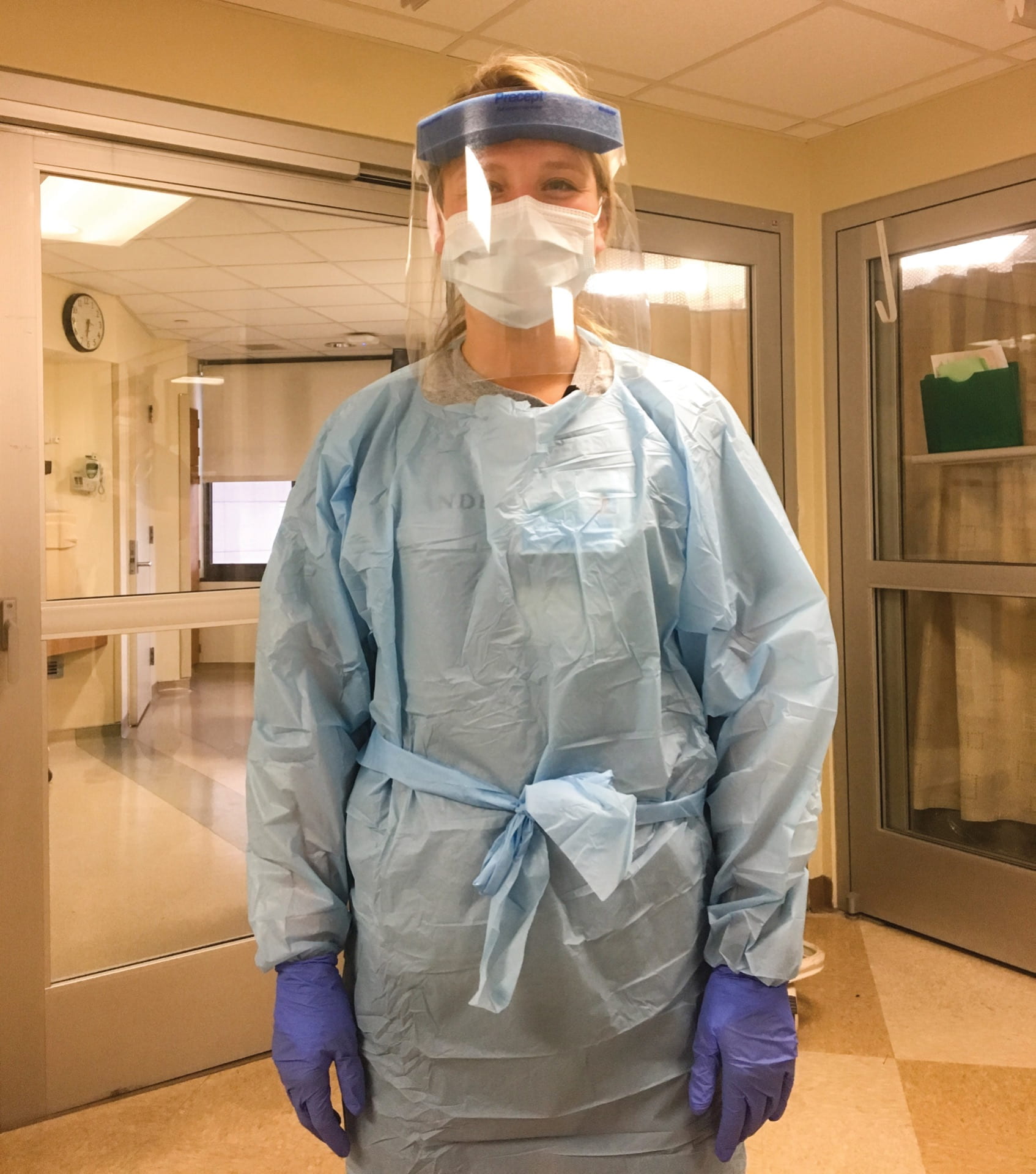
Heather Ferrari
2018
meg howard
2016
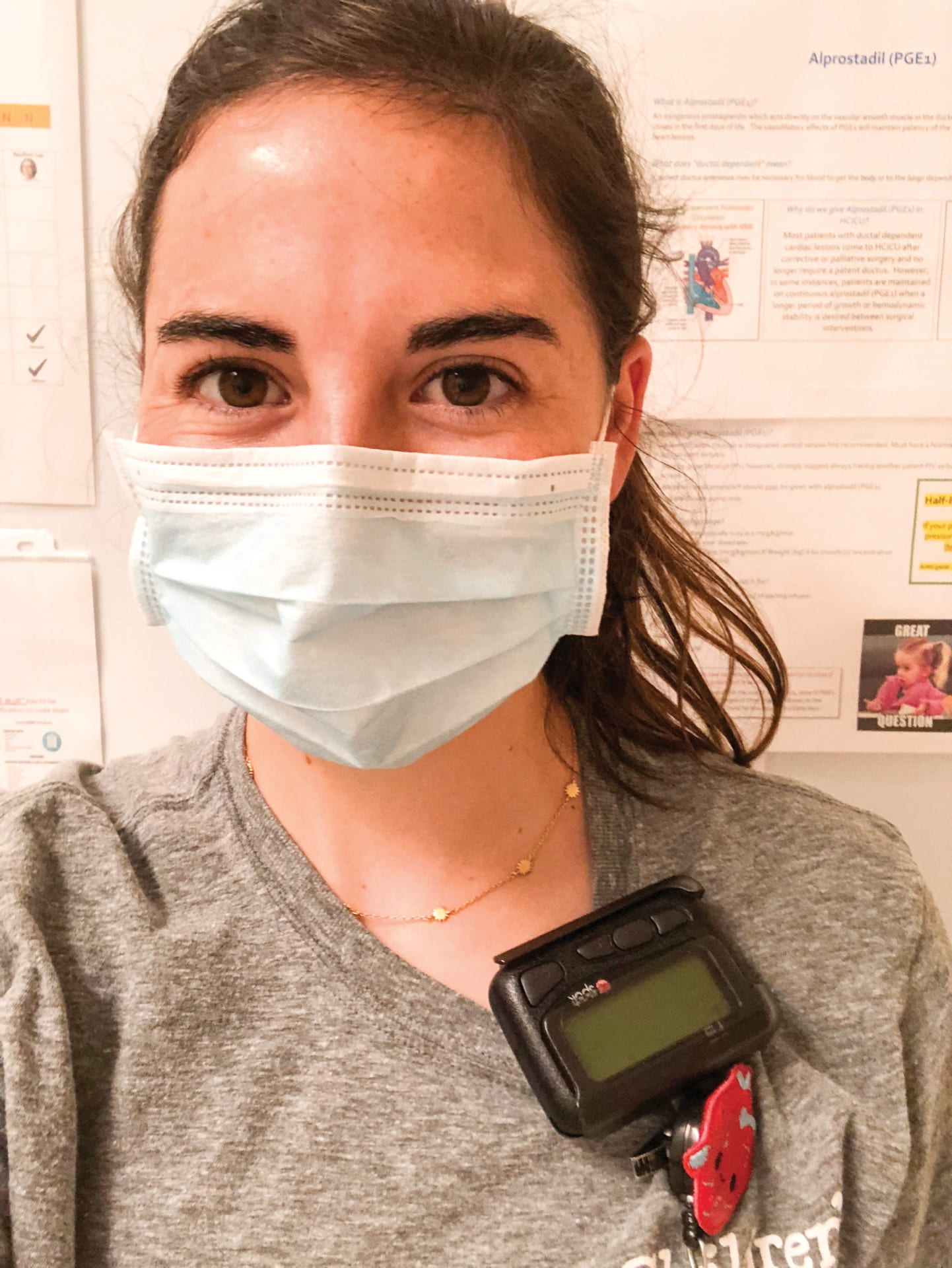
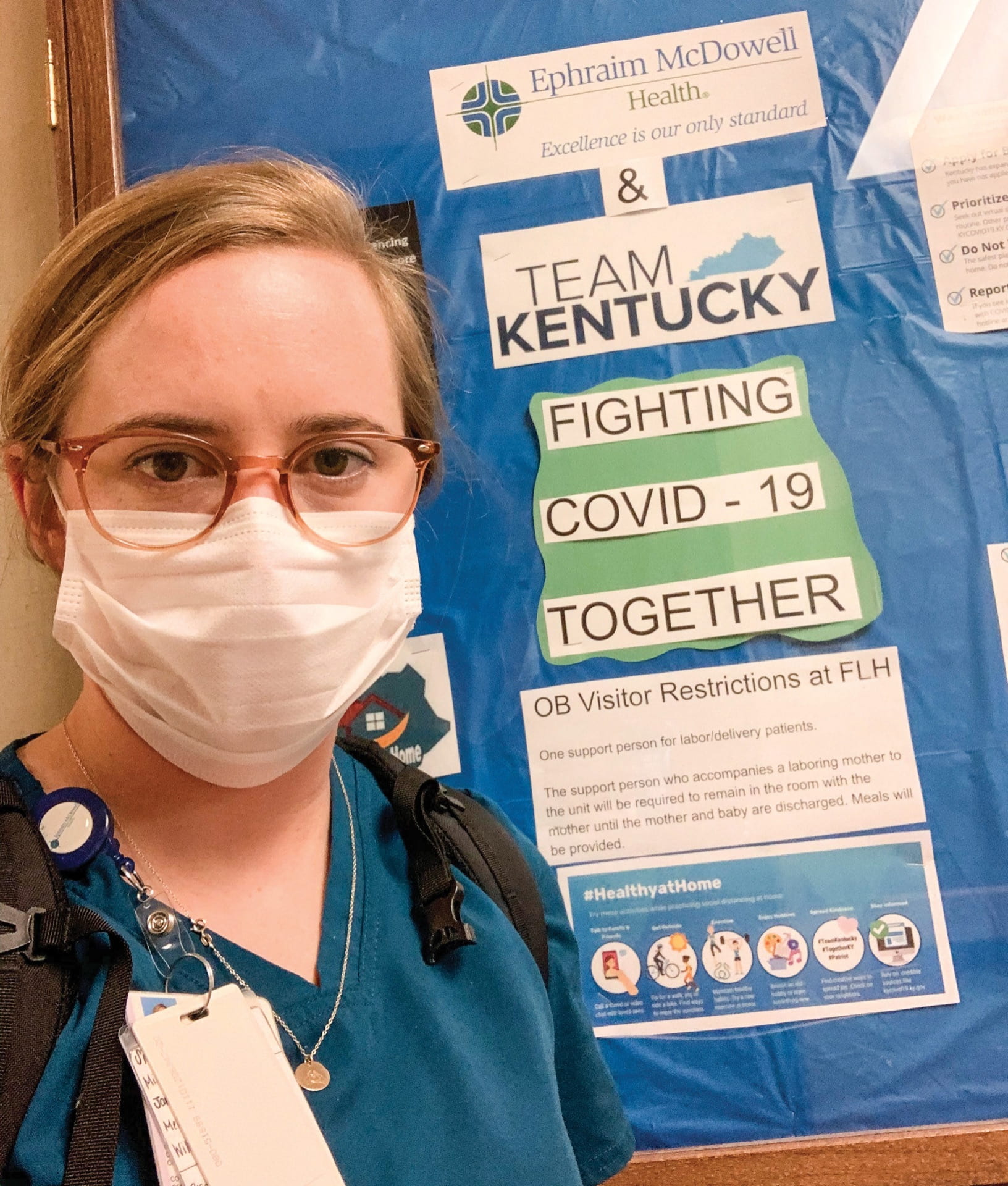
Lauren paynter
2013
Soccer alumnae demonstrate skills, compassion in covid-19 fight
Balancing life as a Belmont women’s soccer player and a nursing major presents challenges. Overcoming those obstacles, however, helped Belmont alumnae grow stronger as nurses. Lauren Paynter, Heather Ferrari and Meg Howard are just a few of Belmont’s former student athletes who are currently working in the healthcare field and helping the United States fight COVID-19.
“Learning things like teamwork and leadership, I’ve used those types of skills every day that I’ve worked as a nurse,” said Paynter, a 2013 nursing graduate who is currently working in Stanford, Ky., in the labor and delivery field. “Especially now during this virus outbreak, we’ve really had to come together within the hospital setting. Using those learning aspects [at Belmont] has been very valuable.”
Most recently, Paynter became a certified nurse midwife. “Belmont is very unique in that it allows for a very challenging soccer career as well as a very challenging nursing career. I felt very fortunate throughout the four years at Belmont that I was able to accomplish both of those goals.”
Ferrari, a Duluth, Ga., native and 2018 nursing grad, currently works as a nurse in Nashville for Vanderbilt Health in the Cardiovascular ICU. During the fight against COVID-19, Ferrari’s job has been more than getting her patients medicine and typical day-to-day duties. With Vanderbilt Health not allowing families and visitors in the unit during this time, Ferrari and her co-workers act as the primary support system for their patients. “Normally what family members do, we’re having to do as nurses,” Ferrari said. “Instead of just being the nurse, we’re having to be the emotional support, trying to show them love even though we’re not the family.”
Following her 2016 graduation, Howard moved to Houston and currently works as a Pediatric ICU nurse, mostly working the night shifts. With Belmont Women’s Soccer preaching chemistry day in and day out, Howard has taken that mindset into her work as a nurse. “We were so great at being really tight-knit, working hard together, working hard for each other and we had a family vibe there [at Belmont]. I’m translating that into my unit now,” she said. “All of the nurses together feel like a family. We work as a family, we work hard for each other and our patients. It’s the same skill set. It’s just a new team, not on the soccer field, but in the hospital.”
Lara stahl
2004
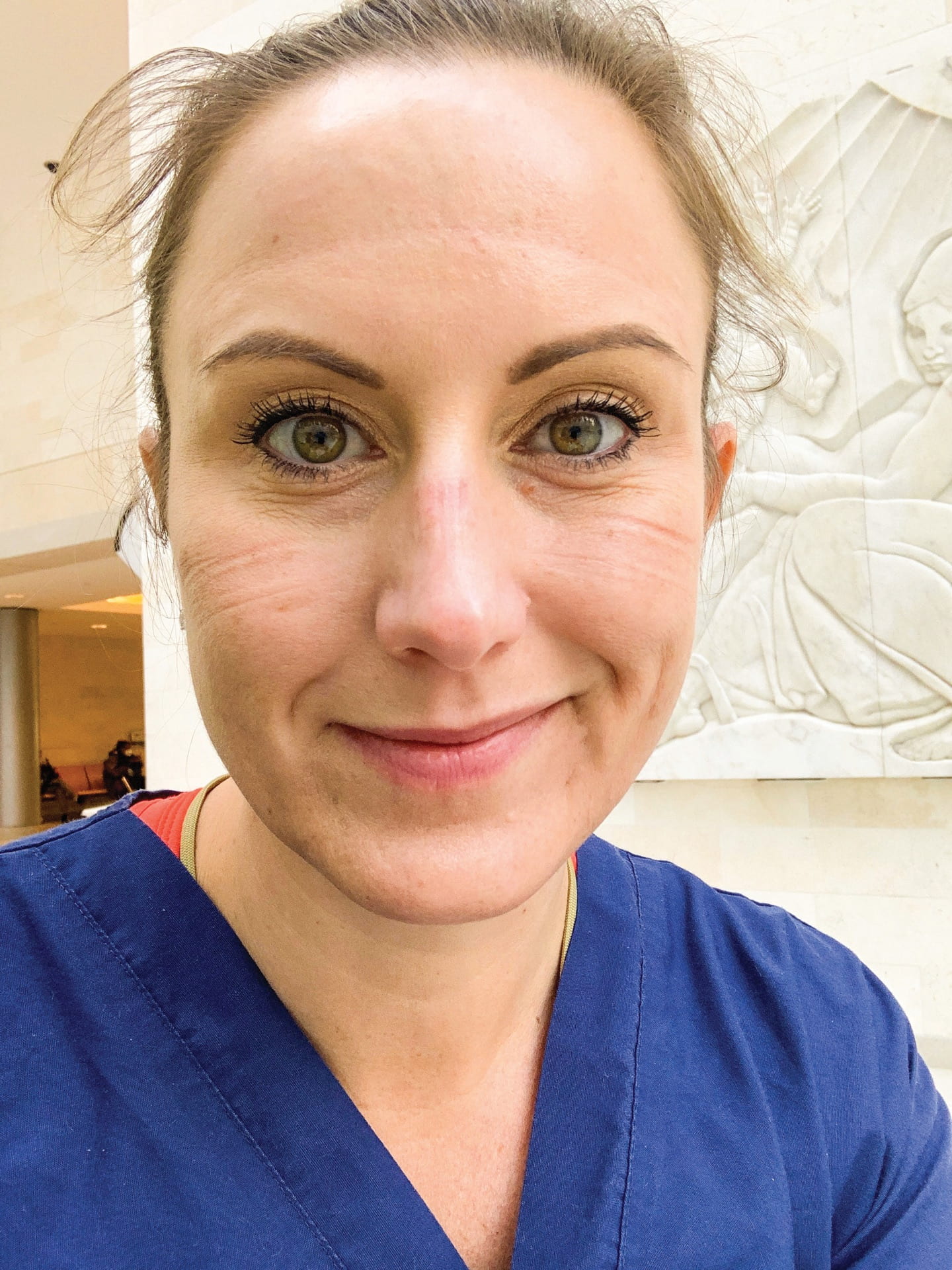
Lara Stahl, nursing class of 2004, is battling COVID-19 on two fronts: as a regional clinical operations director for Premise Health in Fort Worth, Texas and as a Captain in the U.S. Air Force Reserves. Lara was called up to serve in the hard hit area of New York City. A family nurse practitioner and certified occupational health nurse specialist, she was working on a corporate COVID-19 clinical task force to help Premise Health support their over 600 primary care and occupational health centers around the country before being asked to head to NYC with 16 of her fellow airmen with less than 24 hours’ notice.
Deployed to serve as a clinical nurse at the Jacobi Medical Center in the Bronx, Stahl said, “When you go into a patient’s room with COVID-19, it’s really hard. You know that you are walking into the line of fire. But when you look at your patient in a holistic way, you look into their eyes, you hear their story, and you recognize that you can be there to help them with your nursing skills or your faith or sometimes even just your presence. You know you’re in the exact place you’re meant to be, equipped with all the right experiences you need to provide that help.”
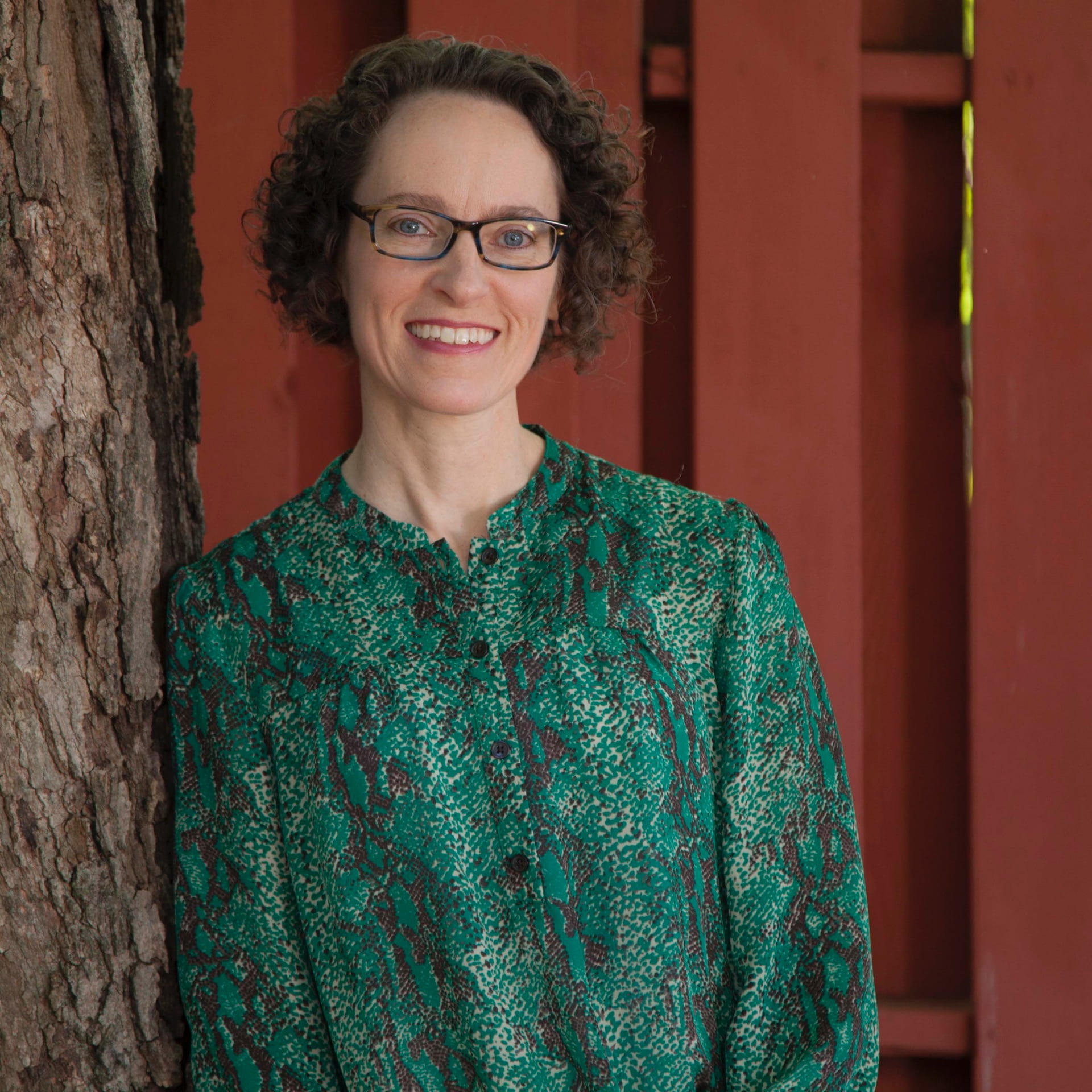
Angie underhill Adams
1990
accounting
CEO of Pencil Foundation
How have you or your role been impacted by the COVID-19 pandemic?
The organization I lead recruits and manages partnerships between the Nashville business community and Metro Nashville Public schools with a key focus being on connecting students with working professionals who can tutor and mentor them during the school day. So now that schools aren’t open, it means that we our core program element can’t happen. Thankfully we also provide school supplies and educational materials to teachers through a free teacher resource center we operate, so staff quickly figured out how we could safely make and delivery educational kits using the workbooks and school supplies we had on hand. We’ve been delivering those kits at the school sites where students come to get breakfast and lunch each day. Likewise our school-based Family Resource Centers have continued their work with assisting to distribute weekly food boxes (and other supplies) to school families who now need far greater support than they did previously. Not surprisingly, our PENCIL Partners continue to donate quality educational materials for us to distribute to students and now Partners are even making short, educational videos for our YouTube channel to still provide enrichment to students.
What have you been doing to respond to the pandemic to support your organization or community?
Oops, looks like I answered this one with the above info. We’re also researching on-line tutoring platforms that will allow us to continue connecting students with working professionals so they can still have some of those rich connections that often motivate them academically.
How has your Belmont education played into your role?
Always do your best and continue to serve others were messages I received consistently in my time at Belmont, so I just keep focusing on those two objectives. And definitely my business education made me keenly aware of needing to quickly seek funding from the Payroll Protection Program to assure that PENCIL can maintain our staff during this time when student and family needs are growing.
What are you learning from this experience?
More than anything I’m learning that human relationships are the top priority, both personally and professionally. Taking the time to reach out and simply ask how someone is doing during this very odd time is typically met with such gratitude that I spend more and more time every day checking in with staff, board members, donors and volunteers. It’s reassuring to us all that we’re in this mess together—and we’re going to find a way out together.
zach bevill
2006
commercial music
Operations and Programming Director at Project Connect Nashville
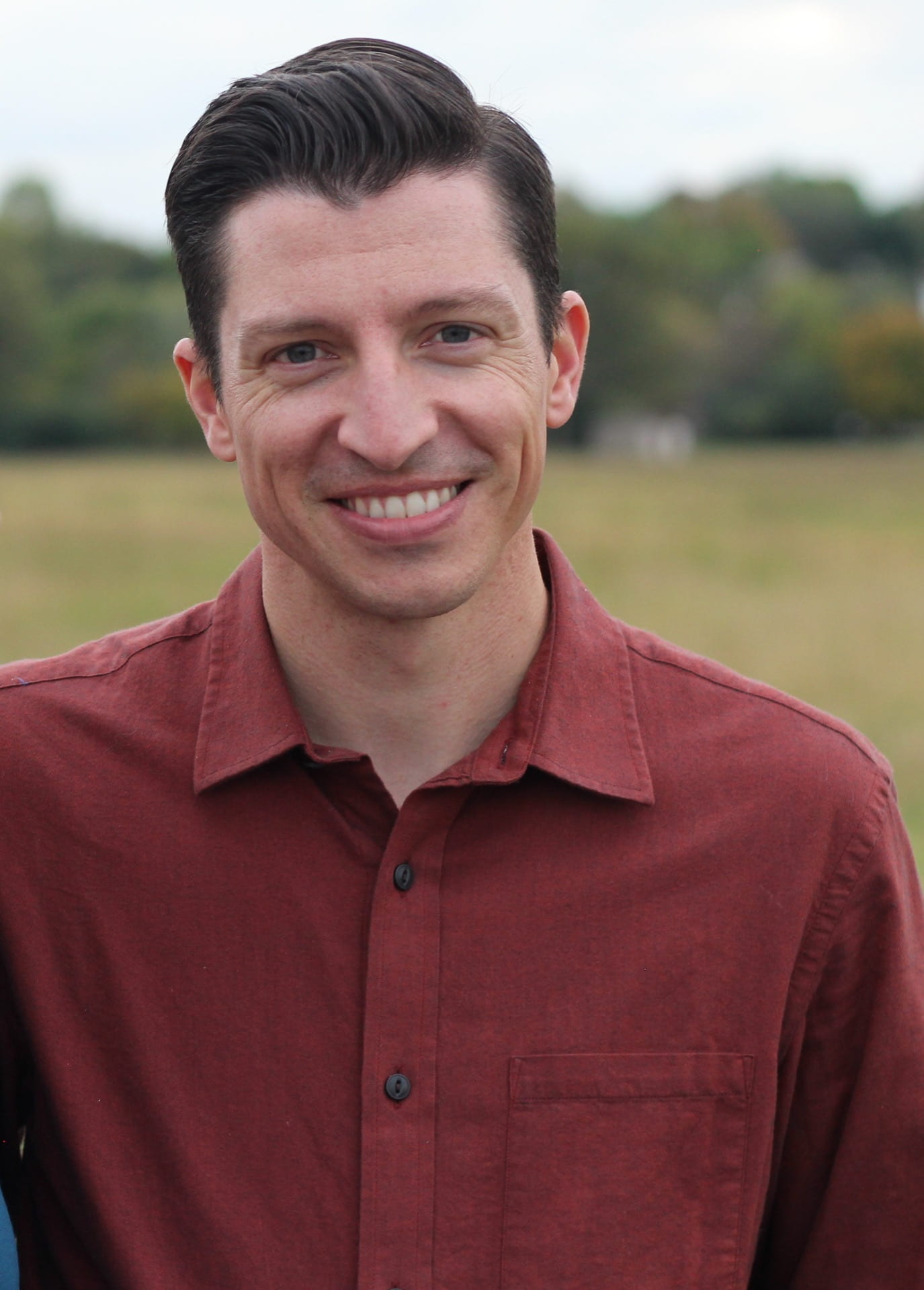
How have you or your role been impacted by the COVID-19 pandemic?
At Project Connect Nashville, we break the poverty cycle through relationships, resources, and education in partnership with local churches, and so our entire operation has been impacted. In my role, I develop systems and processes for our programs, and so I have led efforts to move our educational programs online and also adjusted our case management to maintain safety while still meeting the needs of vulnerable people. I have also kept up to date with the evolving options for assistance available to our clients as they navigate this crisis.
What have you been doing to respond to the pandemic to support your organization or community?
In addition to moving online for the core of our work and staying up to date on options, we have also increased our direct services because more people are in need and it has hit the people we serve the hardest, especially those affected by the tornado in North Nashville. We are serving 400-500 hot meals each day in North Nashville, and many of those are delivered to the elderly and disabled who should not leave their homes with the pandemic. We are also providing the residents with vital resources like hygiene products, toiletries, cleaning supplies, etc. While we have expanded direct service in new ways, we are also doing so with many safety measures in place to keep everyone clean, distanced, and safe.
How has your Belmont education played into your role?
My faith was formed at Belmont, and my education in the tight-knit School of Music taught me the power of community. I believe that seeing individual lives transformed holistically by the hope of the Gospel is integral to community development because the ripple effects of transformed lives can lead to lasting widespread change. If it weren’t for my time at Belmont and all those who encouraged me while there, then I would not be doing any of this work today.
What are you learning from this experience?
I’m learning to trust God even when I really have no clue what is next. This experience also reminds me that we are all more vulnerable than we often like to believe, and I’ve seen a beauty in that which inspires people to empathy and compassion for the most vulnerable in our society.
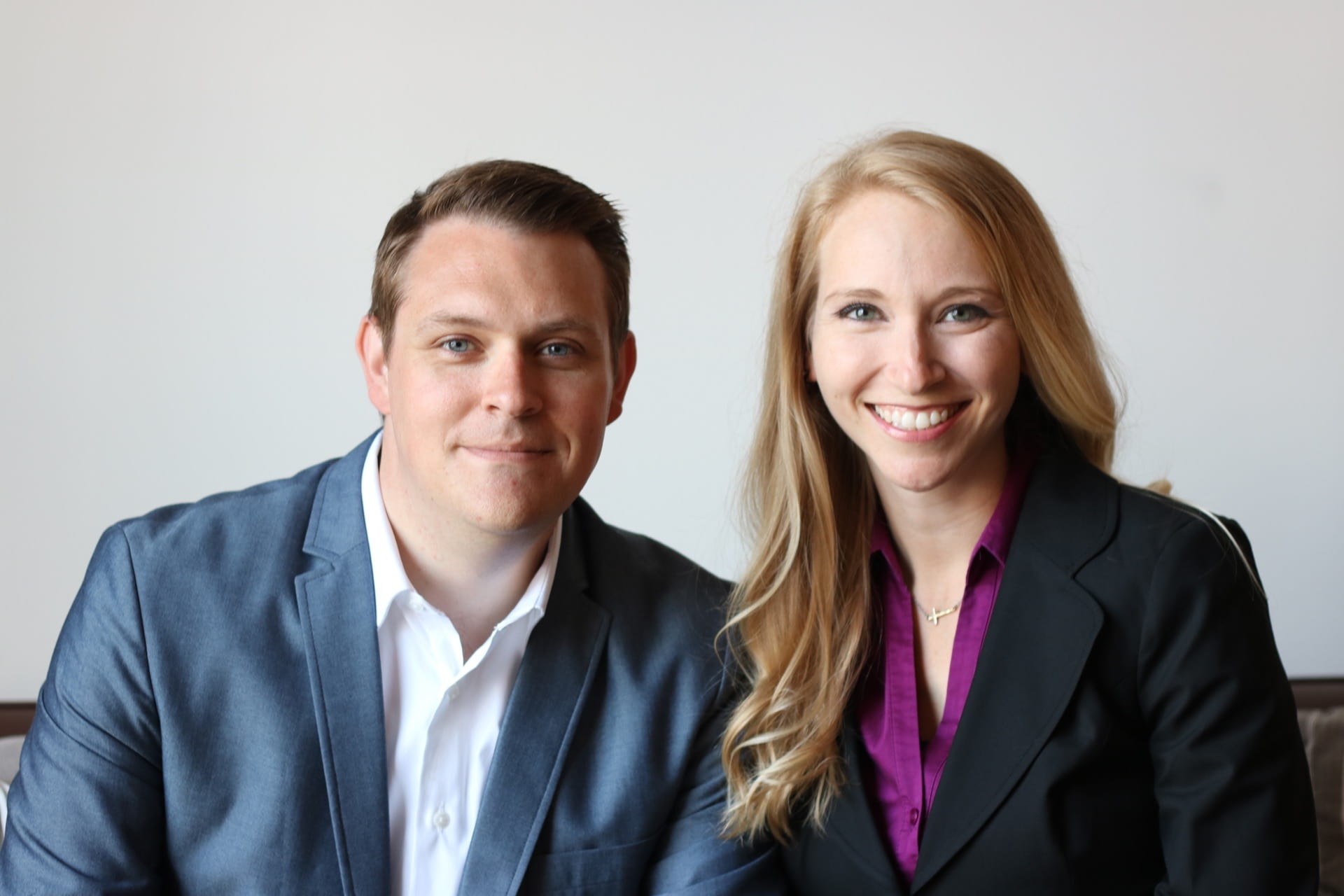
Evan & Jenny owens
2005 & 2005/2007
evan: music performance
jenny: occupational therapy
Co-founders of REBOOT Recovery
How have you or your role been impacted by the COVID-19 pandemic?
Our organization has seen a decrease in funding while also experiencing a tremendous increase in demand for our services. This has led us to apply for PPP support from the Cares Act and cut expenses. It has also exposed a hidden strength of our team – which is to run towards the fire when others are in danger. Since most of our staff are former first responders or veterans, their natural response was to fight back and protect the most vulnerable among us.
What have you been doing to respond to the pandemic to support your organization or community?
Our organization helps people overcome trauma. For millions of American’s this crisis has been traumatic financially, emotionally, spiritually and health-wise. We have seen an unprecedented demand for our trauma healing courses and have expanded our course offerings to include medical workers and the general public. Historically, we have focused solely on first responders and veterans. In order to help people overcome these challenges, we have launched a special 5-part course called REBOOT Crisis Edition which is available for download free at www.rebootrecovery.com/crisis
How has your Belmont education played into your role?
Of course—we love Belmont! Obviously, Jenny’s OT degree is directly applicable, but even me with a music degree use the degree everyday. I often hear people say that a music degree isn’t useful in the “real world” and I couldn’t disagree more. Music has taught me when to lead and when to follow, how to get people behind a creative vision, how to manage projects / budgets, how to be creative on my feet and the list could go on. All of those skills and the ability to improvise have enabled REBOOT to remain strong through this challenging time.
What are you learning from this experience?
I think we are learning that we are in control of even less than we thought. Before COVID, we were experiencing a record-breaking 6 month period and then overnight, everything changed. We are learning how to respond proportionately rather than overreacting and how to remain patient when we want to panic.
